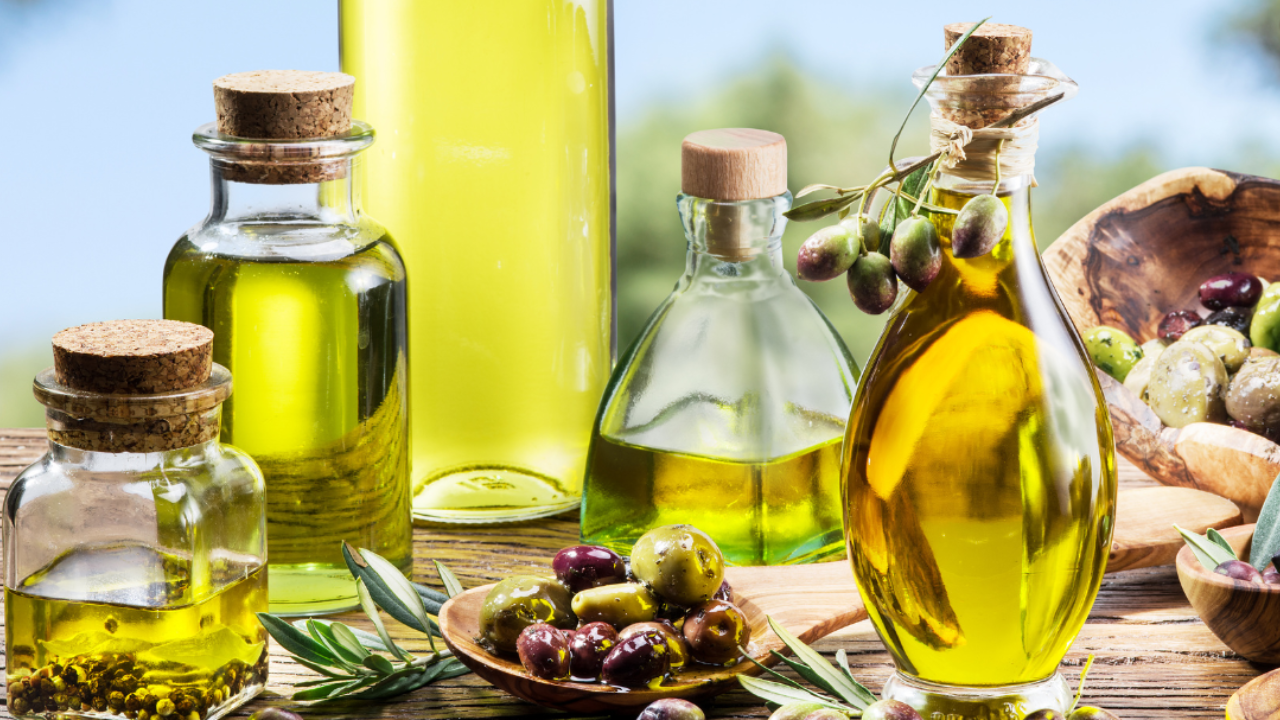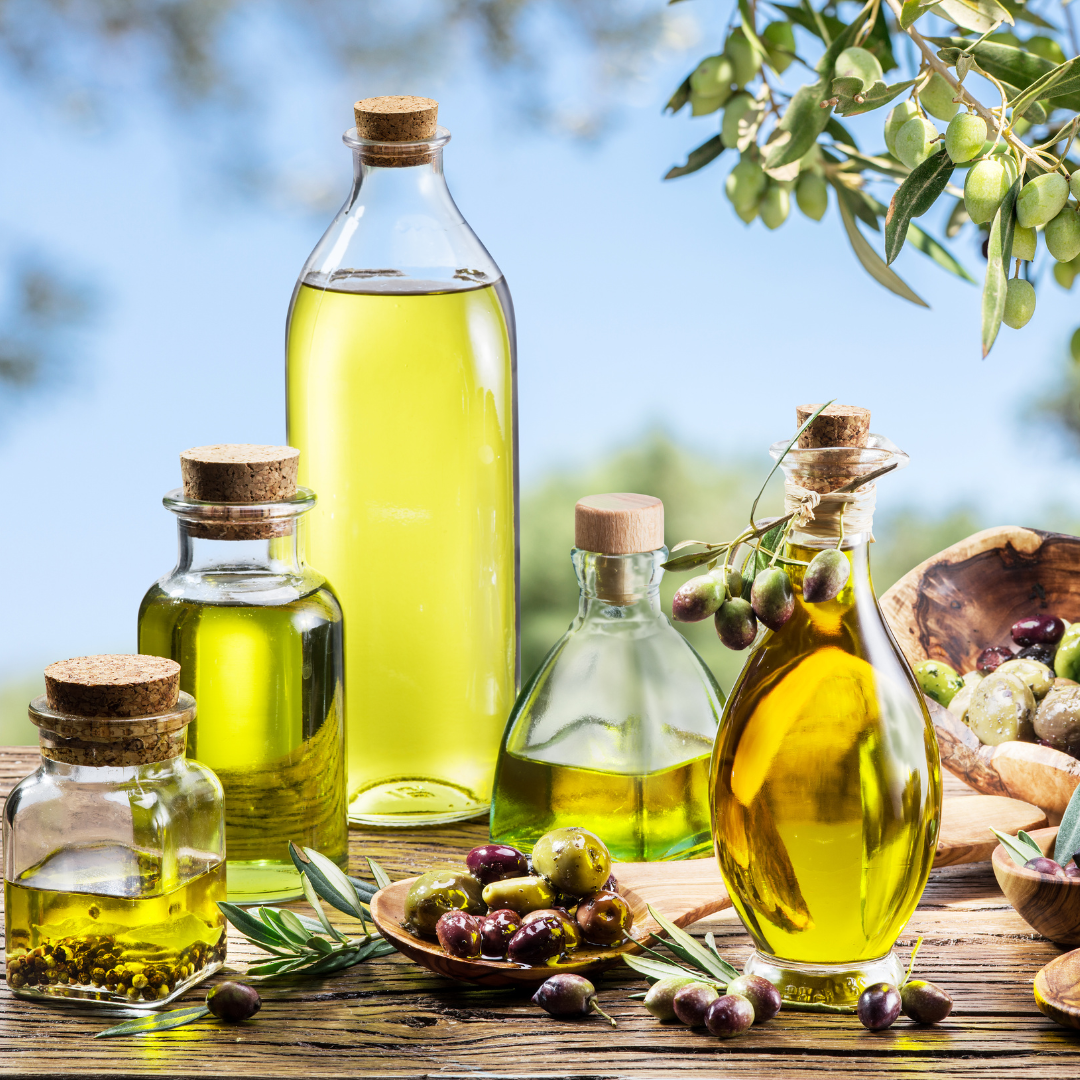Food Fraud On The Rise

When it comes to food, it's getting harder and harder to know what's real. The game has changed.
Grocery Manufacturers of America estimate that 10% of what you buy in the supermarket--nationwide, has been adulterated. That means one in ten items that you put in your cart may not be what you think they are. According to the FDA, food fraud is considered EMA or economically motivated adulteration. It bothers me that we even have an acronym for that.
Fake food means that what you're buying isn't what you think you're buying. We're being duped. Some of the biggest and most obvious offenders are:
- olive oil
- honey
- seafood & meat
- dairy products
- alcohol
- spices
For example, olive oil is often flavored with beta-carotene and colored with chlorophyll to make it appear greener, and diluted with a lower quality oil like canola. It's then cheaper for the manufacturer but you're buying a bastardized product.

Here's how it plays out; you could buy two different bottles of olive oil at the same market; both are the store brand but one costs more than the other. As you read the labels you notice the cheaper one has no expiration date and says "100% Mediterranean blend extra virgin olive oil". That likely means the olives were sourced from different European countries, but packed in Italy. The pricier one tells you "100% California extra virgin olive oil; first pressed, cold pressed, unfiltered, no artificial colors or flavors", and there's an expiration date. This one could be as much as twice the price of the first one. And while that is a travesty--it's a much safer bet that you're getting olive oil.
The bottom line is; if we plan to not be "duped;" we have to become better label readers.
We are supposed to have food fraud laws in place to protect us in this country. The FDA, bless their hearts, says it's their job to make sure food doesn't hurt you and it's NOT their job to make sure the labels are honest. Yes, you read that right. Mind-blowing.
In this economy, food fraud is at an all-time high.
Most of us don't have a food lab in our kitchens. But If you buy something that you notice is diluted or doesn't behave (taste, melt, look, or smell) as it should; be sure to let the grocery store manager know you were not pleased. Whenever I complain to the manager, I always preface my statement with; "I shop here all the time and..."
They want your business and will listen. And if you know of a quality brand they don't carry, ask them to get it. You may have to ask a few times but stay with it. You'll be doing your community a service when it shows up on the shelf.
The first step is being aware of what's going on so you can protect yourself and your family from food fraud. That means taking a moment to read the labels so you learn to speak the language manufacturers are speaking.
Love & health,

